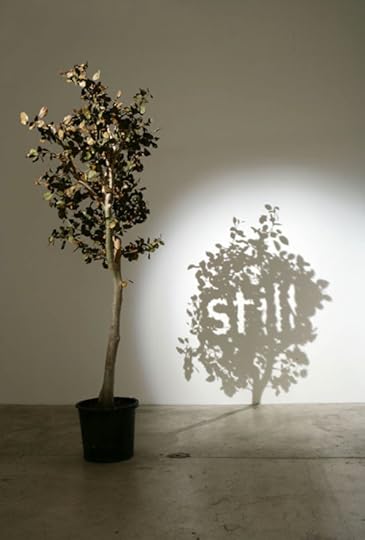Fictional Heresy?

Luther at Worms
A couple recent internet discussions dealt with the oft-debated issue of realistic content/doctrinal soundness in Biblical worldview spec fiction. (Mike Duran, Just Another Pretty Farce, Crossover Alliance)
We can argue the merits of polemic entertainment, but it’s obvious to me that a writer is obligated to adhere to publisher and audience expectations/boundaries if they are deliberately marketing their work to the Christian audience. CBA House – CBA Rules. Don’t like the guidelines? Publish elsewhere or go indie. I have no right to demand Christian Book Association change their standards to accommodate my work.
Now C.S. Lewis’ comment that we don’t need more Christian writers; we need writers who are Christian, resonates with me. I think it’s vital that Art (which includes fiction) stand on its own merits and be true to itself (i.e. recognize the liberties and limitations inherent in the particular medium) A novel isn’t a sermon isn’t a symphony isn’t a film isn’t a sculpture isn’t a painting.
I’ve heard it said that religious absolutes stifle creative insecurities, that religion/ideologies foster lazy thinking because the adopted worldviews come pre-packaged, pre-digested, pre-measured. Converts are more concerned with asserting their answers than discovering them. I recognize people fall prey to this, but am unconvinced this is the default setting. Orthodoxy isn’t a soulless parasite and dogma isn’t inherently stagnant. People make it so. After all, to know the Creator is to know the mind that envisioned the universe. Surely that’s a source of genuine inspiration and creativity.
That said, I do believe one of the reasons for the lesser quality of current Christian artistic endeavor (not all, but in general) is constant retreat to sermonizing. It’s as if the modern Christian artist distrusts God, the medium, and the audience to work independent of them. This anxiety then yanks on the choke chain, and pulls the piece back into the front-lawn didactic for fear it might stray into Misunderstood Territory. They don’t want to be tried to Fictional Heresy. Indicted for Artistic Unorthodoxy.
Listened to a sermon series on the Book of Esther recently in which the minister constantly referred to the “God-shaped absence” of the over-arching story. God is never mentioned, remember? Yet God is all over it. Huge lesson there, IMO. Get past the Precious Moments School of Biblical Interpretation and you’ll see the entire Bible reveals God working in the midst of a broken world, despite flawed and defiant humanity. There’s a reason it’s called ‘Redemption.’ Despite the junk, God is there. If you have eyes to see.
SHADOW ART
I find this kind of art absolutely fascinating. And the perfect illustration of what I’m talking about. When you shine a light and stand in the right vantage point, you see what’s been there the whole time, by definite, deliberate intent.
I’m a firm believer in the Open Marketplace of Ideas. Quoting John Milton:
“Though all winds of doctrine were let loose to play upon the earth, so truth be in the field, we do injuriously by licensing and prohibiting to misdoubt her strength. Let her and falsehood grapple, who ever knew truth put to the worse, in a free and open encounter.”
Throughout history and all around us every day, despite weakness, contradiction, and sabotage, God is able to make Christianity stand on its own merits. He confirms the veracity of the message with His Person. Why should fiction – which aims to construct a believable world populated by credible characters – be any different? Art inspires and engages, yet I believe good art, deep art, captures and reflects the truth of the world around us. To sanitize Christian creativity and insist it project idealized fantasy is at best hobbling art at a primal level, and at worst reinforcing deception about Creation and the Creator. This is propaganda at its worst.

I’ve said this a hundred times in the last three years: I don’t write Christian books. I write books with Christians, Christianity, faith and spiritual dynamics in them. Anyone can read them, but I’m not in the CBA stable. I was weary of my faith being slandered and misrepresented in Spec Fiction, so I hammered out a sci-fi thriller with some authentic Christian characters and themes in it.
They say it takes a million words to find your voice. Ten thousand hours to become an expert. I’ve got a long way to go. Maybe, God willing, I’ll hit it right on my fourth or fifth novel. But for now, however clumsy my attempts, I’m more explicit than the Book of Esther.
What I’m trying to construct, albeit with words, is Shadow Art. Despite the fact that it’s junk, if you look at it right, I’m hoping you’ll see God.





